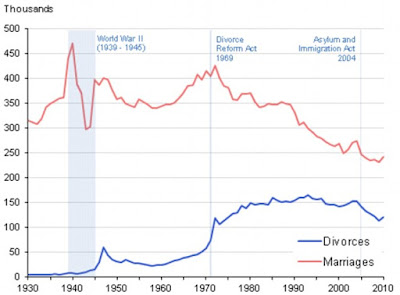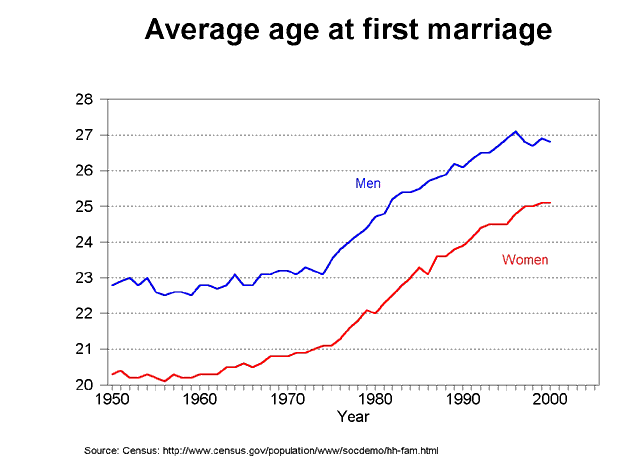Can Mormons divorce?
This short 3 minute video by Dallin H. Oaks highlights some of my tender feelings. Sometimes divorce is the best answer, but too often couples are choosing to divorce because they don't feel compatible anymore or they can't possibly forgive their spouse for a grievance.
THE FAMILY IS ORDAINED OF GOD. MARRIAGE BETWEEN MAN AND WOMAN IS ESSENTIAL TO HIS ETERNAL PLAN. These two sentences from The Proclamation perfectly explain the position of The Church of Jesus Christ of Latter-day Saints in matters of marriage.
- The family is not merely a convenient way to live and raise children. It is ORDAINED OF GOD. We lived in family units before coming to Earth and we can continue to live with our family for ETERNITY.
- Marriage should be between a man and woman. This doesn't mean we are prejudice or hate gays; it means that we believe God wants families to be comprised of a husband and a wife. Only a man and woman joined together have the procreative power to bring children into this world.
- Marriage is not simply a piece of paper that entitles two people to government benefits. Marriage is ESSENTIAL to God's plan. It is necessary and should be guarded and nourished.
The fact that divorce rates in America have declined over the past decade has caused some people to deny the negative affect that divorces are having on future generations. Unfortunately, divorce rates are declining slowly because marriages are drastically declining. Couples are choosing to cohabit instead of making a public lifetime commitment. One of the reasons for this occurrence is the current generation of parents who endured their own parent's divorce.
Mormons are not immune to troubled marriages. Like other religious couples as well as non-religious couples, Mormons have their own struggles and sometimes divorce is eminent. However, this chart shows the dedication that many Mormons feel toward their marriage covenant. Put simply, we believe in families.
I read this quote in the latest edition of The Ensign, a magazine distributed by the LDS church every month: “The Lord Jesus Christ is the focal point in a covenant marriage relationship. … [Imagine that] the Savior is positioned at the apex of [a] triangle, with a woman at the base of one corner and a man at the base of the other corner. Now consider what happens in the relationship between the man and the woman as they individually and steadily ‘come unto Christ’ and strive to be ‘perfected in Him’ (Moroni 10:32).” (Elder David A. Bednar of the Quorum of the Twelve Apostles)
If you would like to read some specific examples of Mormon couples who have worked through their issues in order to avoid divorce, I recommend this article:
https://www.lds.org/ensign/1996/10/mending-our-marriage?lang=eng
I will end with this statement from Gordon B. Hinckley, who served as a President of the LDS church before his death in 2008:
"There
may be now and again a legitimate cause for divorce. I am not one to
say that it is never justified. But I say without hesitation that this
plague among us, which seems to be growing everywhere, is not of God,
but rather is the work of the adversary of righteousness and peace and
truth. You need not be his victims."












